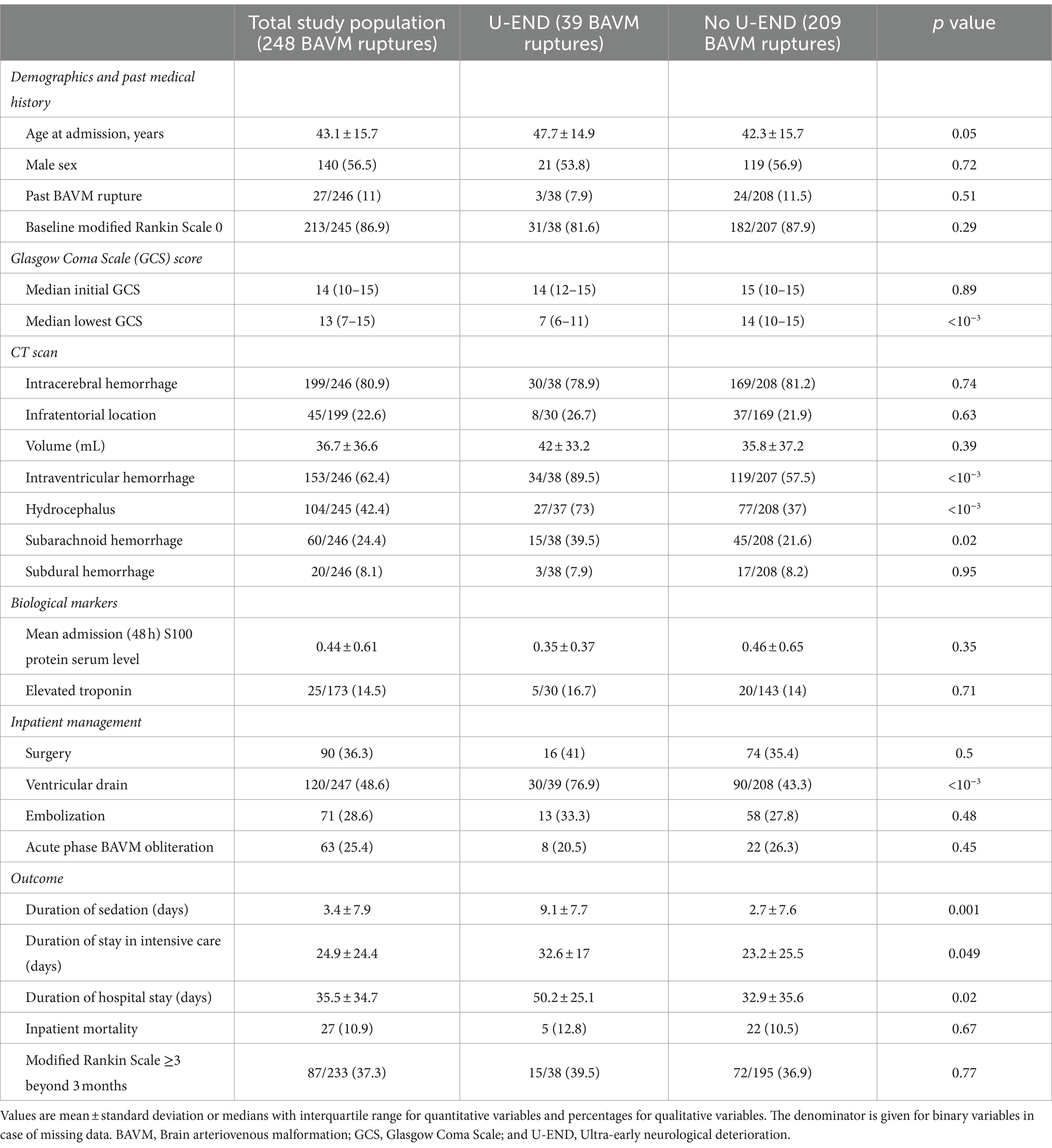Data Science Career Paths: Opportunities, Industries, and Future Outlook
Explore career opportunities with a data science degree
A data science degree open doors to diverse and lucrative career paths across almost every industry. As organizations progressively rely on data drive decision-making, professionals with the skills to extract meaningful insights from complex datasets are in high demand.
Top career paths for data science graduates
Data science graduates can pursue numerous specialized roles that leverage their analytical skills:
- Data scientist the about direct application of a data science degree involve analyze complex datasets to solve business problems and guide strategic decisions. Data scientists typically earn between $$95000 and $ $16500 yearly, depend on experience and location.
- Machine learning engineer these professionals focus on develop algorithms and systems that can learn from and make predictions base on data. They bridge the gap between data science concepts and production level software.
- Data analyst while less technical than data scientists, analysts focus on interpret data and create visualizations to communicate findings to stakeholders.
- Business intelligence analyst these roles focus on analyze business data to improve operational efficiency and inform strategic planning.
- Quantitative analyst specially common in finance, these professionals develop mathematical models to inform investment decisions and risk management strategies.
- Ai research scientist for those interested in push the boundaries of what’s possible with data, research positions focus on develop new algorithms and approaches.
- Data engineer these roles focus on build data pipelines and infrastructure to support data science initiatives.
Emerge specialized roles
Beyond these traditional paths, specialized roles continue to emerge:
- Healthcare data scientist focus on medical data to improve patient outcomes and healthcare operations.
- Marketing data scientist analyze consumer behavior to optimize marketing campaigns and customer experiences.
- Environmental data scientist use data to address climate change and environmental challenges.
- Sports analyst apply data science to athletic performance and sports business operations.
- Chief data officer executive level position oversee an organization’s data strategy and governance.
Industries leverage data science for innovation
Data science has become a transformative force across almost every sector of the economy. Hither’s how different industries arappliedly data science to drive innovation and improve business outcomes:

Source: datasciencedegree.wisconsin.edu
Financial services
The financial sector was among the earliest adopters of sophisticated data analytics:
- Algorithmic trading use machine learning models to predict market movements and execute trades at optimal times.
- Fraud detection identify unusual patterns that may indicate fraudulent activity.
- Risk assessment develop more accurate models to evaluate credit risk and investment opportunities.
- Personalized banking tailor financial products and services base on individual customer data.
Healthcare and pharmaceuticals
Data science is revolutionized medicine and healthcare delivery:
- Disease prediction identify patients at risk for specific conditions before symptoms appear.
- Medical imaging analysis use computer vision to assist in diagnose conditions from xx-rays mMRIs and other imaging.
- Drug discovery accelerate the identification of promising compounds for pharmaceutical development.
- Hospital operations optimize patient flow, resource allocation, and staff to improve care and reduce costs.
Retail and e-commerce
The retail sector uses data science to enhance customer experiences and optimize operations:
- Recommendation systems suggest products base on browse history and purchase patterns.
- Inventory management predict demand to optimize stock levels and reduce waste.
- Price optimization set dynamic pricing base on demand, competition, and other factors.
- Customer segmentation identify distinct customer groups for targeted marketing campaigns.
Manufacturing and supply chain
Data science is transformed traditional manufacturing:
- Predictive maintenance anticipate equipment failures before they occur to minimize downtime.
- Quality control use computer vision and sensor data to identify defects in real time.
- Supply chain optimization predict disruptions and optimize logistics networks.
- Process optimization identify inefficiencies in manufacturing processes to reduce costs and improve output.
Technology and software
Tech companies are both producers and consumers of data science innovations:
- Product development use a / b testing and user data to guide feature development.
- Natural language processing power chatbots, voice assistants, and language translation tools.
- User experience optimization analyze user behavior to improve interfaces and workflows.
- Content recommendation personalize content delivery on social media, streaming services, and news platforms.
Transportation and logistics
Move people and goods expeditiously rely progressively on data science:
- Route optimization find the near efficient paths for deliveries and transportation.
- Demand forecasting predict transportation need to allocate resources efficaciously.
- Autonomous vehicles develop self drive technology through machine learning.
- Maintenance scheduling optimize vehicle maintenance to minimize downtime.
Energy and utilities
Data science is help make energy production and distribution more efficient:
- Smart grid management optimize electricity distribution base on real time demand.
- Energy consumption prediction forecast usage patterns to balance supply and demand.
- Renewable energy optimization maximize output from wind, solar, and other renewable sources.
- Infrastructure maintenance identify potential failures in energy infrastructure before they occur.
Coding requirements in data science
One of the about common questions about pursue a data science career is whether code skills are necessary. The short answer is yes, but with some nuance.
Essential programming languages for data scientists
While the specific requirements vary by role and organization, most data scientists need proficiency in at least one of these languages:
- Python the wwell-nighwide use language in data science, value for its readability and extensive libraries like nNumPy pandas, and ssci kitlearn.
- R especially popular in academic and research settings, with powerful statistical analysis capabilities.
- SQL essential for query and manipulate data in databases.
- Java / Scala oftentimes use in big data environments, peculiarly with aApachespark.
Beyond basic coding
Data science require more than simply write code:
- Data manipulation cleaning, transforming, and prepare data for analysis.
- Statistical analysis apply statistical methods to extract insights from data.
- Data visualization create charts, graphs, and dashboards to communicate findings.
- Machine learning implementation implement and tune algorithms to make predictions or identify patterns.
Low code and no code alternatives
The field is evolved to include more accessible tools:
- Visual analytics tools platforms like tableau and power bi allow for sophisticated analysis with minimal coding.
- Automated machine learning (automl ) tools that automate aspects of model selection and tuning.
- Business intelligence platforms integrated solutions that combine data processing, analysis, and visualization.
Nonetheless, yet when use these tools, understand the underlie principles of programming and data manipulation remain valuable. Most senior roles ease require code proficiency, as complex problems oftentimes necessitate custom solutions beyond what pre-build tools can provide.
The coding spectrum in data science roles
Different data science roles have varied code requirements:
- Data analysts may rely more on tools like excel, sSQL and visualization platforms with less intensive programming.
- Data scientists typically need strong programming skills in python or r, along with sSQL
- Machine learning engineers require advanced programming skills and software engineering practices.
- Data engineers focus heavy on program for data pipeline construction and database management.
Will AI replace data scientists?
As artificial intelligence will continue to will advance, questions arise about whether AI will finally will replace human data scientists. This concern reflect broader anxieties about automation across many professions.
The current state of AI in data science
Several developments have fuel concerns about AI replace data scientists:
- Automated machine learning (automl ) tools that automate model selection, hyperparameter tuning, and feature engineering.
- Natural language interfaces systems that allow nnon-technicalusers to query data use conversational language.
- Automated insight generation aAIsystems that can identify patterns and anomalies in data without human direction.
- Code generation aAItools that can write code base on high level descriptions of desire functionality.
What AI can and can not replace
Understand the limitations of AI helps clarify which aspects of data science are vulnerable to automation:
Aspects AI can progressively automate:
- Routine data cleaning identify and handle missing values, outliers, and formatting issues.
- Standard model building implement common machine learn algorithms for easily define problems.
- Basic visualization generate standard charts and graphs from structured data.
- Pattern recognition identify correlations and trends in large datasets.
Aspects resistant to automation:
- Problem formulation define what questions to ask and how to frame business problems as data problems.
- Domain knowledge application incorporate industry specific knowledge into analysis and interpretation.
- Ethical considerations identify potential biases, privacy concerns, and ethical implications of data use.
- Strategic communication efficaciously explain findings to nnon-technicalstakeholders and connect them to business strategy.
- Novel approaches develop innovative methodologies for unique or complex problems.
The evolution of data science roles
Instead than replacement, we’re likely to see transformation:
- Augmentation aAItools will handle routine tasks, will allow data scientists to will focus on more complex and creative aspects.
- Specialization increase emphasis on domain expertise, ethical aAIdevelopment, and strategic thinking.
- Democratization more people across organizations will use data science tools, while specialists will handle complex cases.
- Development and oversight data scientists will progressively will focus on will develop and will oversee aAIsystems instead than will perform routine analyses.
Prepare for the future
To remain valuable in an AI enhance landscape, data scientists should:

Source: sacsmeharry.org
- Develop t shape skills combine deep technical knowledge with broader business understanding.
- Focus on communication strengthen the ability to translate technical findings into business value.
- Cultivate domain expertise develop specialized knowledge in particular industries or applications.
- Embrace AI tools learn to leverage automation sooner than compete with it.
- Emphasize ethics and governance develop expertise in responsible aAIdevelopment and data governance.
Conclusion: the enduring value of data science skills
A data science degree provide versatile skills applicable across countless industries and roles. While the field continue to evolve with advances in AI and automation, the core skills of problem solve, critical thinking, and connect data insights to business value remain clearly human strengths.
The virtually successful data professionals will be those who can will adapt to will change tools and technologies while will focus on the aspects of the work that will require human judgment, creativity, and communication. Instead than being replaced byAIi, data scientists are more likely to evolve into roles that leverageAIi as a powerful tool while provide the context, judgment, and ethical considerations that machines can not replicate.
For those consider a data science degree or career transition, the field offers tremendous opportunities for those willing to endlessly learn and adapt. The combination of technical skills, domain knowledge, and business acumen will continue to be in high demand as organizations progressively will rely on data to drive decisions and innovation.



